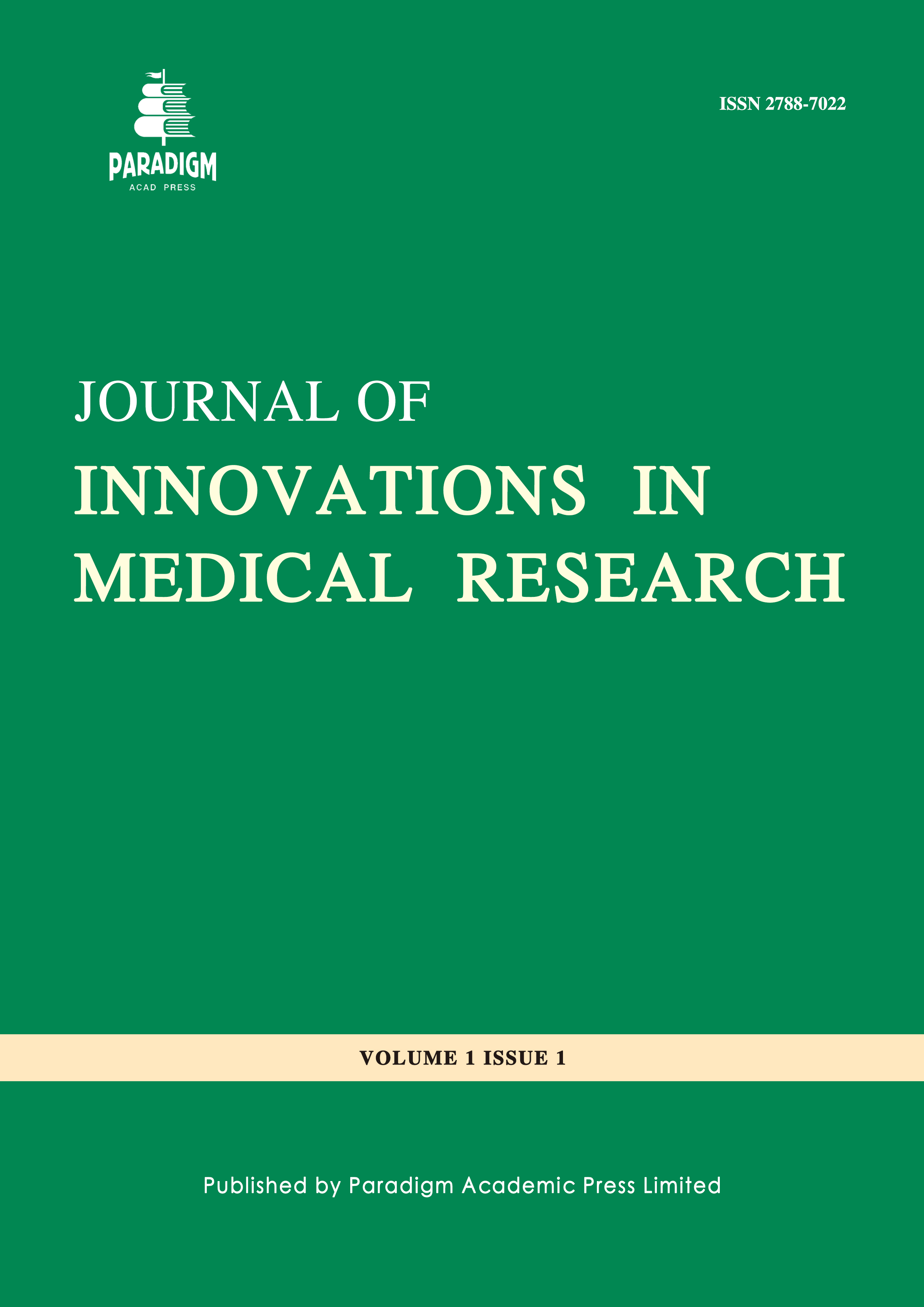Betanin Ameliorates Triclosan-Induced Spermatogenic Dysfunction and Testicular Damage in Prenatally Exposed Wistar Rats
Keywords:
triclosan, betanin, spermatogenesis, testicular damage, prenatal exposure, Wistar ratsAbstract
Aims: To investigate the effects of betanin on reproductive hormones, sperm parameters, testicular histology and testicular damage induced by prenatal TCS exposure in Wistar rats. Study Design: Experimental study design, using a Randomized Controlled Trial (RCT) approach with animal subjects (Wistar rats). Place and Duration of Study: Department of Anatomy, Faculty of Basic Medical Sciences, College of Health Sciences, Benue State University Makurdi, between August and October 2024. Methodology: Sixty Wistar rats were divided into ten groups (n=6/group). Groups received varying doses of TCS (5, 10, and 20 mg/kg), betanin (5, 10, and 20 mg/kg), or a combination of both for 31 days. Hormone levels, sperm count and morphology, and testicular histology were assessed. Results: TCS exposure significantly reduced testosterone levels (20 mg/kg TCS: 1.35±0.31 ng/ml) and LH (20 mg/kg TCS: 1.10±0.14 mlU/ml), sperm count (20 mg/kg TCS: 74.00 ± 29.69 x10⁶/ml), and normal sperm morphology (20 mg/kg TCS: 29.65%). Betanin co-administration partially mitigated these effects, with the 20 mg/kg betanin + 20 mg/kg TCS group showing near-control levels of testosterone (3.77±0.74 ng/ml) and LH (2.70±0.29 mlU/ml), and improved sperm count (5 mg/kg TCS + 5 mg/kg betanin: 97.20 ± 3.11 x10⁶/ml) and morphology. Histological analysis revealed severe testicular damage in TCS-exposed groups, which was partially ameliorated by betanin. Conclusion: Prenatal TCS exposure impairs male reproductive function. Betanin offers partial protection, suggesting its potential therapeutic role against TCS-induced reproductive toxicity.



